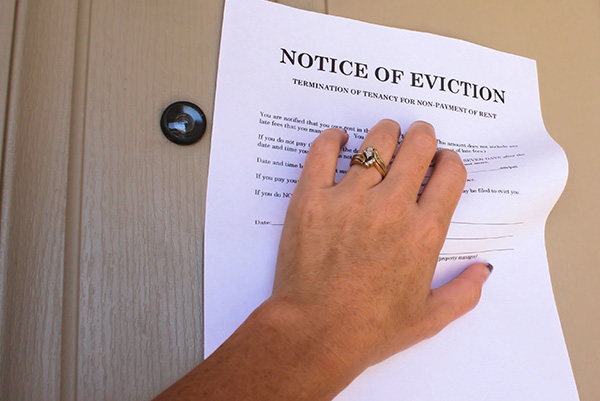Residential Landlord, Tenant & Eviction

Landlord & Tenant Disputes in Citrus County
The Law Office of Steven D. Fichtman regularly addresses residential landlord and tenant disputes for both parties in the Citrus County area. With experience representing both property owners and tenants, our firm has a unique perspective that allows us to identify the legal strengths to pursue and the weaknesses to avoid in eviction cases.
Residential Landlord & Tenant Law in Florida
As foreclosures rise and more individuals choose to lease their homes, the demand for rental properties continues to grow. Real estate investors are also increasing their portfolios by purchasing rental properties to take advantage of rising rental rates. Whether you are a landlord or a tenant, attorney Steven D. Fichtman can help you understand your rights. Given the significant number of residential rental properties in Citrus County, particularly in high-demand retirement communities like Black Diamond, Terra Vista, Citrus Hills, Brentwood, Pine Ridge, and Sugarmill Woods, it’s vital that each case is managed correctly from the outset by a qualified attorney experienced in eviction law.
Overview of the Residential Eviction Process in Florida
The eviction process begins when a landlord serves a tenant with a notice to pay rent or vacate the premises. If rent is not paid, the landlord must provide written notice for the tenant to either leave the property or settle the outstanding rent.
It’s common for landlords to improperly demand additional payments from tenants, which can lead some judges to delay or dismiss the eviction case.
The next step requires the landlord to file and serve a written eviction complaint. Upon receiving this complaint, the tenant typically has as little as five days to respond, or they risk losing their right to contest the eviction. If a tenant files a response, a court hearing may be scheduled for both parties to present their arguments. If the tenant does not respond, the landlord can request a judgment in their favor. If a judgment is granted but the tenant still does not leave, the landlord can ask the Sheriff’s Department to carry out the eviction through a writ of possession.
What Happens After Eviction
It’s important to note that an eviction does not sever all legal ties between the landlord and tenant. A former tenant can still claim the return of a security deposit or prepaid rent. Conversely, landlords can pursue claims for unpaid rent, damages, or other fees. For these reasons, enlisting an experienced residential landlord-tenant lawyer is crucial to protect your interests.
For a consultation with an experienced residential landlord-tenant attorney in Crystal River, Citrus County, please contact the Law Office of Steven D. Fichtman at 352-364-9112.
